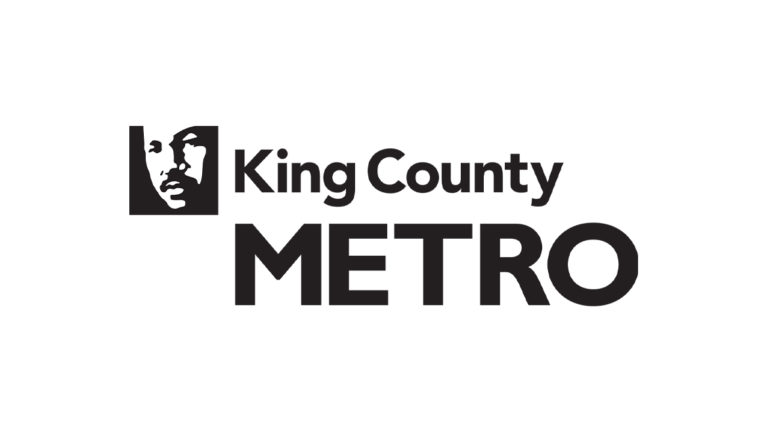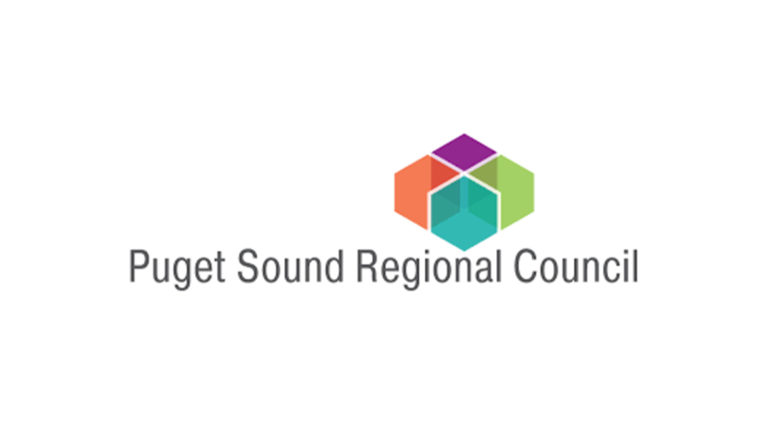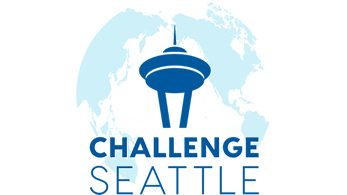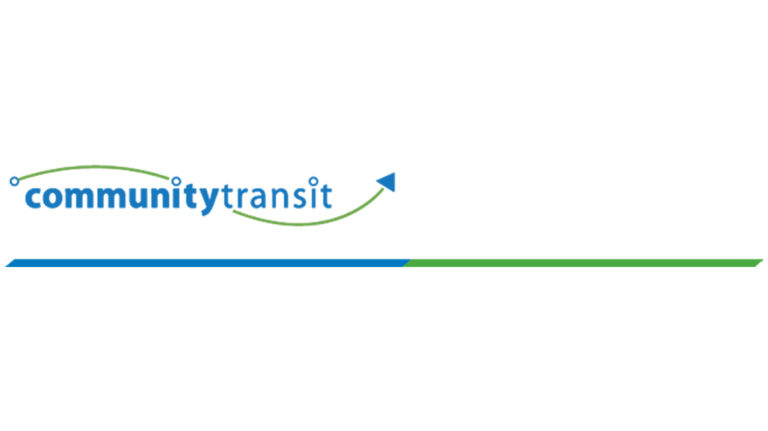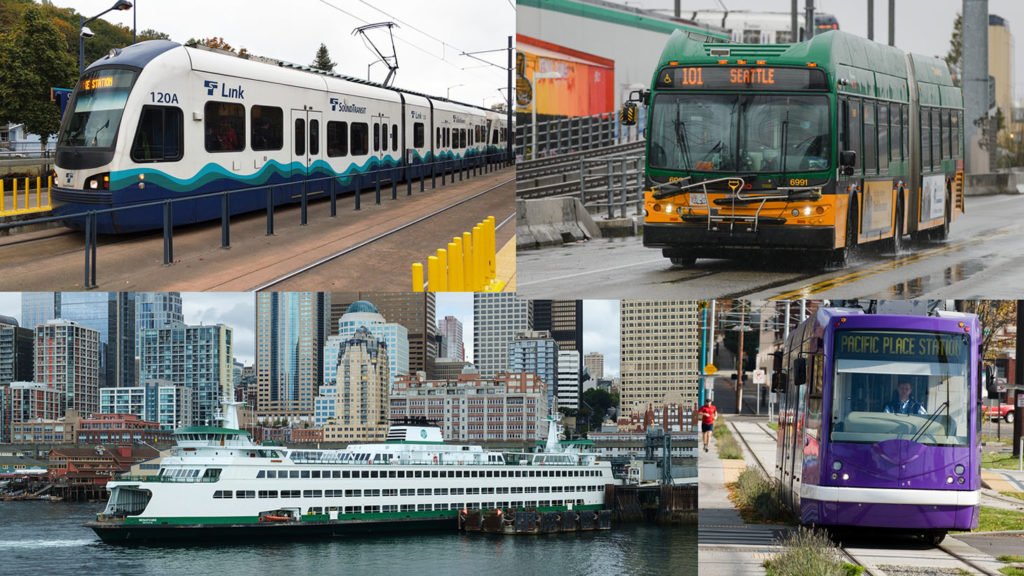
Issue
Telework surged during the COVID-19 pandemic due to public health measures. Although not every employment sector could have people work from home, many did during this time. As a result of these adjustments, transit ridership decreased, and peak-period travel reduced slightly on various roadways. As employers reopen offices for staff, there is uncertainty about what the new normal will look like for the transportation system and for transit use with many embracing telework and reexamining their commute options.
Spark
Transportation modelling is a valuable tool for determining how roadways and transit service could be affected by anticipated travel demand. Using trip-reporting data collected by the Puget Sound Regional Council prior to the pandemic, travel forecasts provide a range of possibilities.
Overview
Scenario modelling could provide insight for what the new normal would look like in the Seattle area as office workers return. University of Washington project researchers used regional commute trip data collected prior to the pandemic to provide a better glimpse of what to expect on major network routes and transit lines. Additionally, bus rider survey results from King County Metro and Community Transit from 2021 and 2022 will help adjust those forecasts. Findings are shared with transit providers to compare with their estimates as travel preferences and commute demands may change.
Innovation
The pandemic disrupted old commute norms and transportation modeling needed to adjust to the evolving realities for more accurate travel demand insights. This project developed a procedure to use the model to forecast system and transit use. Additionally, this may be used for construction projects to anticipate new trips and plan for potential mitigation needs.
Materials
Results and scenarios are published on the study website.
Impact
- Transit agencies will be able to use this information to help guide decisions for service levels as commuters return to the office and embrace the hybrid work environment.
- Transportation agencies have a new tool to help understand the effects of travel changes due to hybrid work and new commute habits.
Team
This work is supported by Sound Transit, King County Metro, Community Transit Puget Sound Regional Council, Challenge Seattle, and the Mobility Innovation Center at UW CoMotion.
Academic Department
The Intelligent Urban Transportation Systems (iUTS) Lab focuses on the monitoring, mining, modeling, and managing (4M) of the Urban Transportation Systems (UTS).
Faculty Leadership
Xuegang (Jeff) Ban
Research Center
- Intelligent Urban Transportation Systems
- PacTrans
- eScience Institute
Research Areas
- Transportation Engineering
- Transportation Network System Modeling & Simulation
- Urban Traffic System Modeling and Operations
- Intelligent Transportation Systems
- Connected / Automated Vehicles
- Transportation Big Data Analytics
Contributors
Feilong Wang, UW Ph.D. Student
Arthur Semionov, UW MS student
Iman Haji, UW MS student
Ebuka Umeibe, former UW MS student
Ce Wang, former UW MS student

